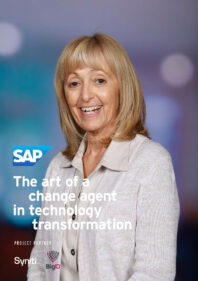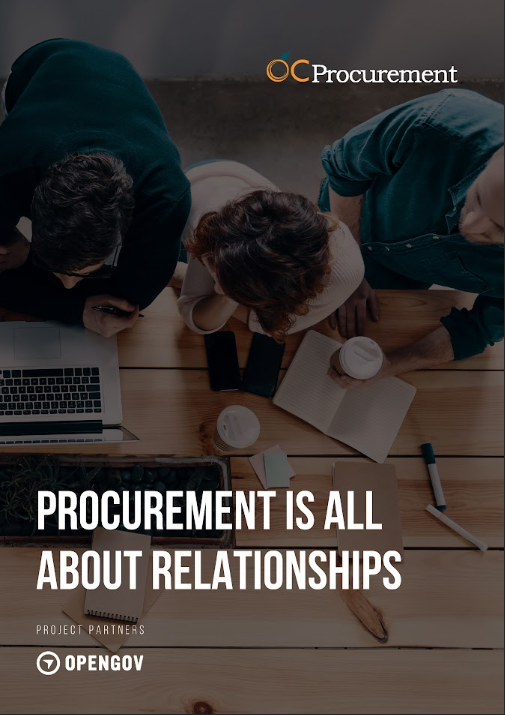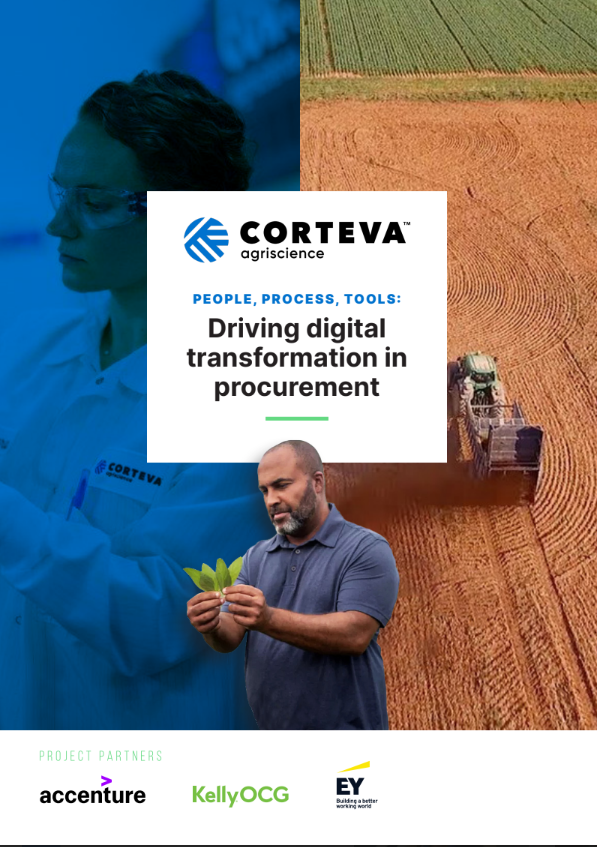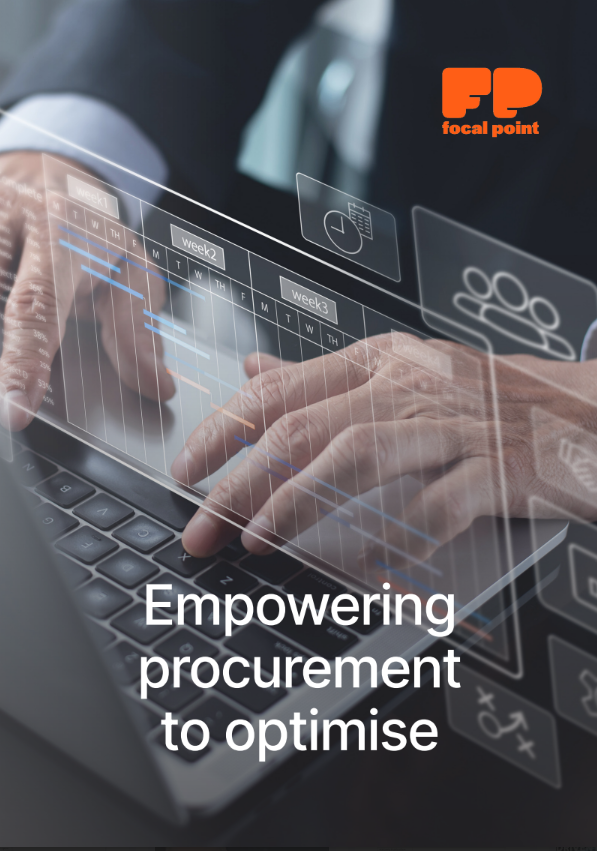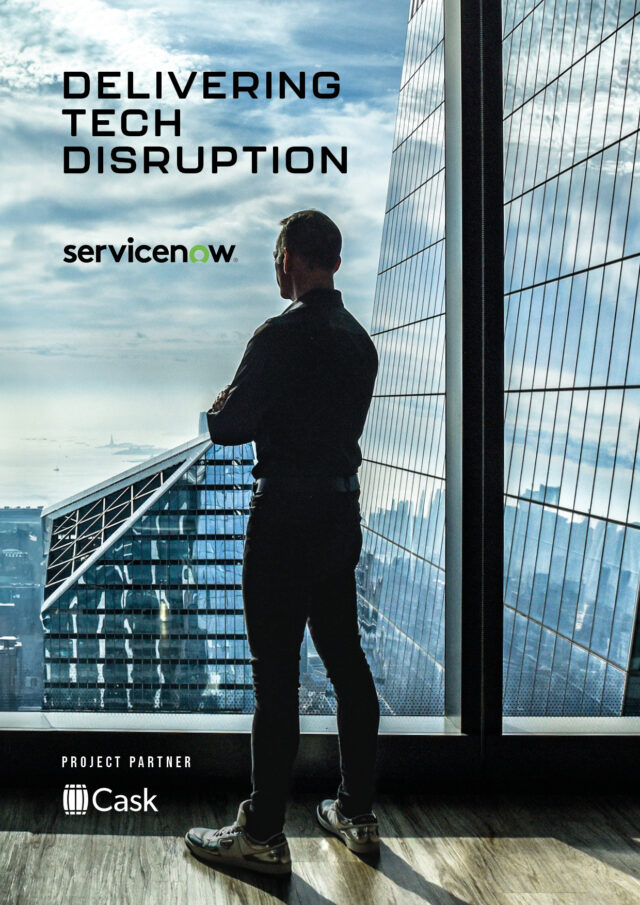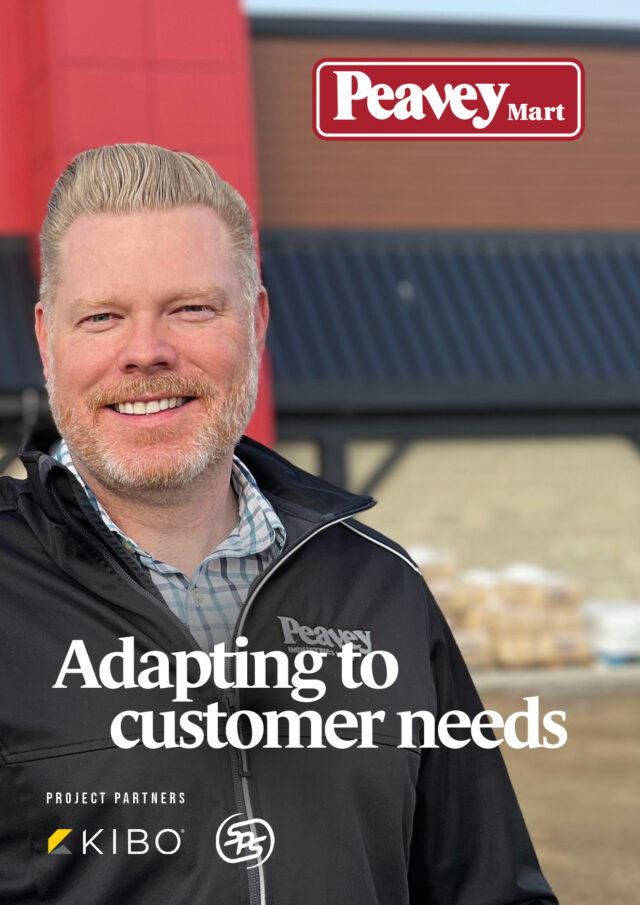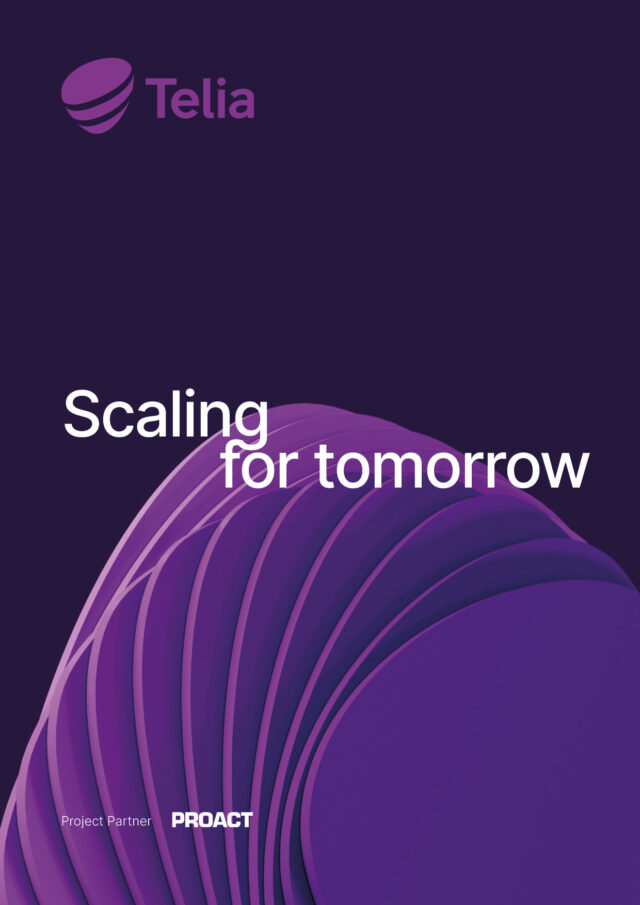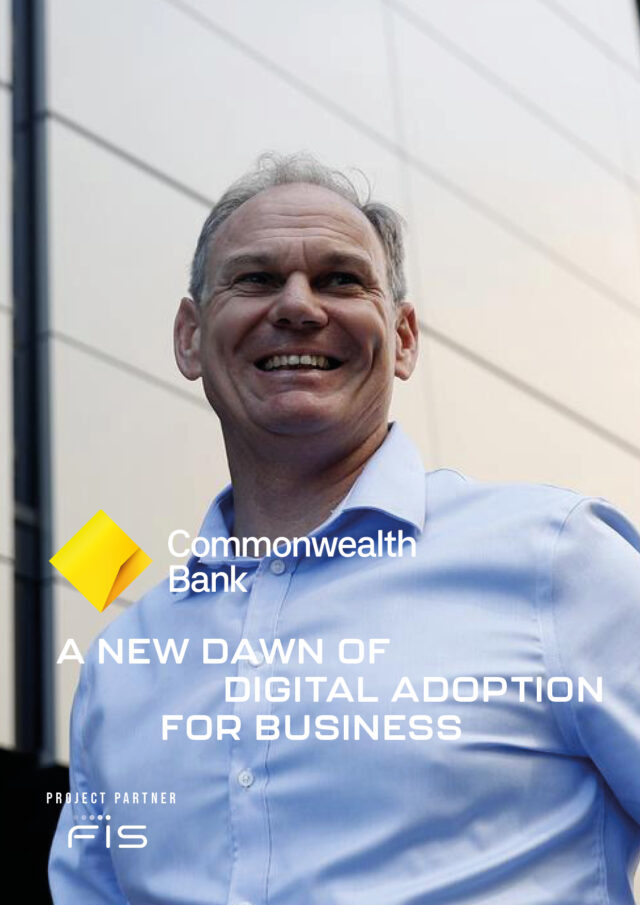People are hardwired to resist change. It can be difficult to accept a new way of working and replace old habits. In truth, no one likes uncertainty.
But there are those who love to lead and show others the way. They are changemakers. Enter Maria Villar, Head of Enterprise Data Strategy and Transformation at SAP. Embracing change is something Villar thrives on. Armed with over 25 years experience as a transformational executive in technology, she has held her role since April 2017. Villar is passionate about future-proofing and carving the way forward for herself and the teams she works with. “I wouldn’t have thought when I first started my career that I’d be a change agent,” she explains. “But I have always been passionate about data – I embrace it. I look ahead and say, ‘What can we do better, and how do we think about those things?’.”
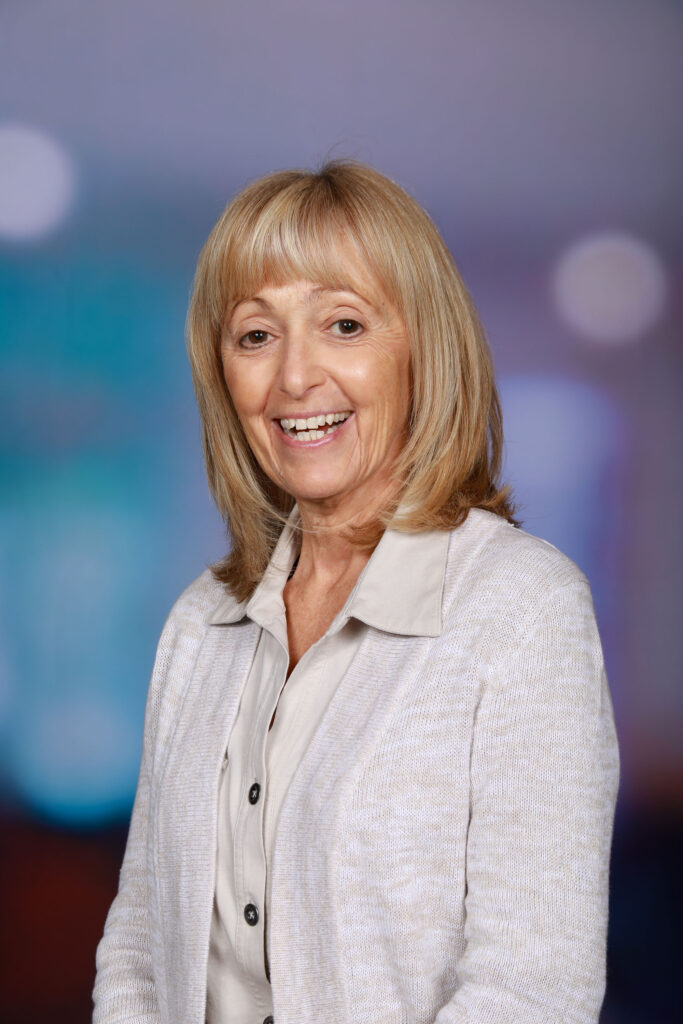
Change Agent
And being at the forefront of change stands her in good stead with SAP. The organisation is one of the world’s leading enterprise application software vendors. Villar’s role sees her advising SAP’s C-level customers on the strategic role of data management in their digital, cloud and sustainability transformation, leveraging her operational experience as a Chief Data Officer. She has also advised on effective board level data strategy presentations, and her strategic customer relationships strengthen the customer account and SAP’s overall brand awareness.
Levelling the playing field
Although progress is being made by companies in all industries in terms of the gender split, women still accounted for under a fifth (19%) of C-level positions in the average supply chain organisation in 2022, according to a Gartner survey. Villar believes the issue is just as prevalent in the technology space and adds there are many reasons for the gap.
“There’s probably still biases around it,” she admits. “There are programmes that don’t support women still being the major caretaker in the family and the flexibility needed to give everyone a fighting chance. There’s unintended biases in decision-making, in experiences for the next job, or in salaries for others. And then women self-select out too, so there’s a combination of things in the middle that get in the way of us getting to these higher-level position.”
